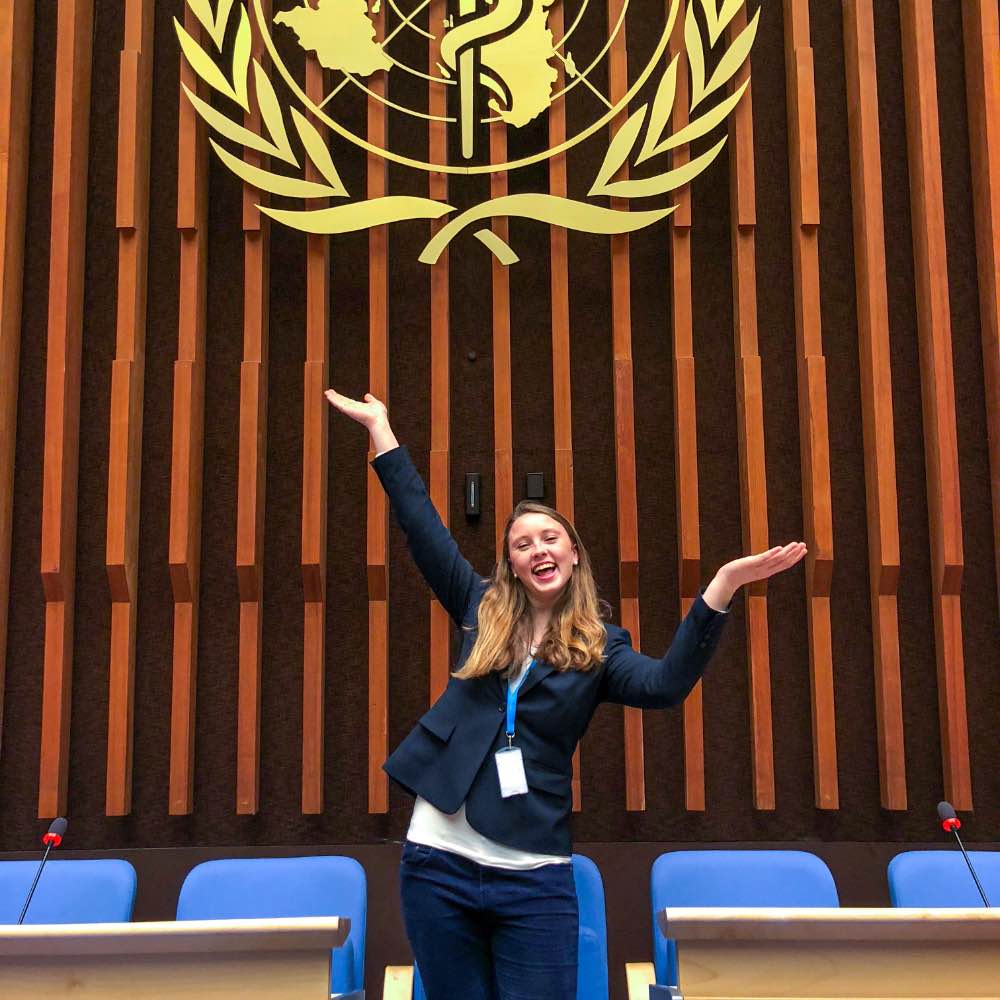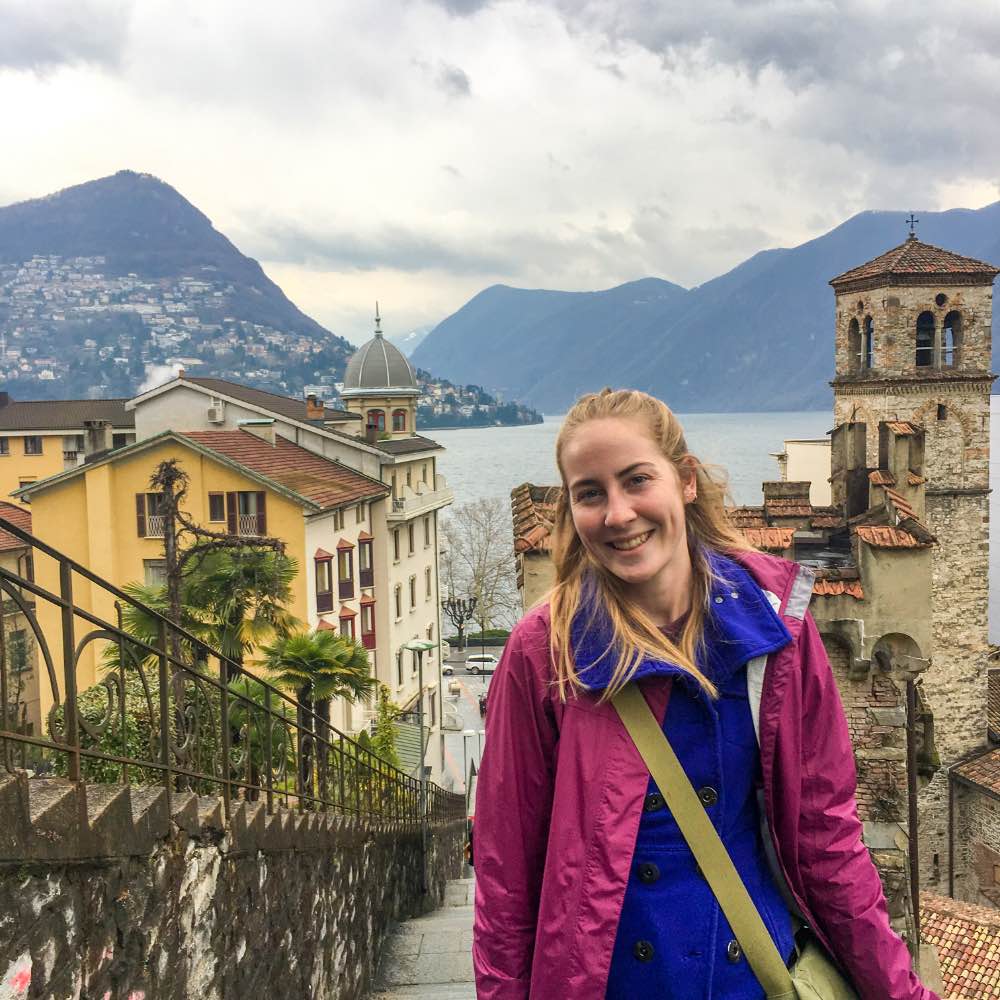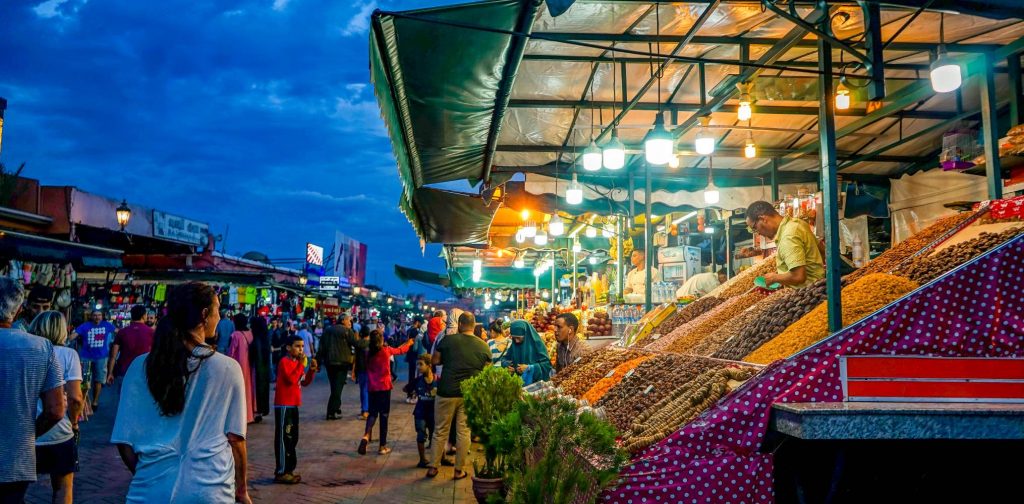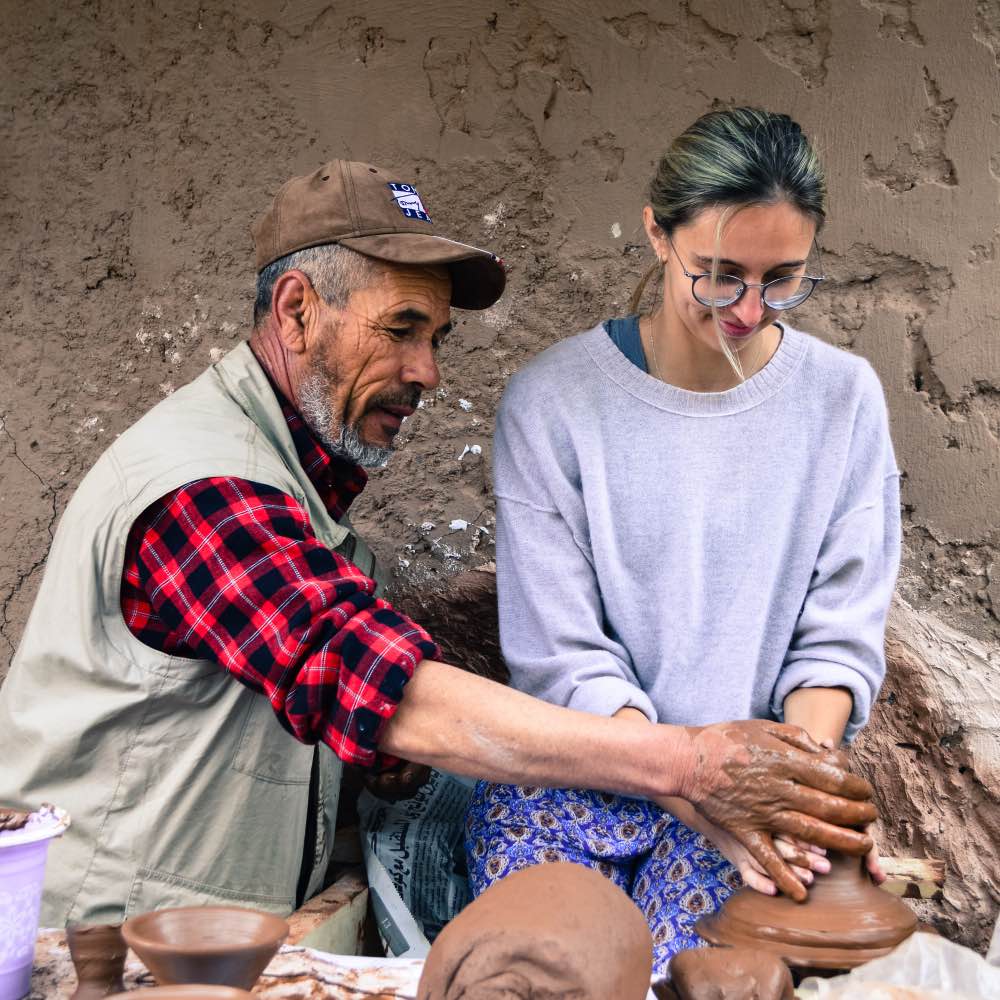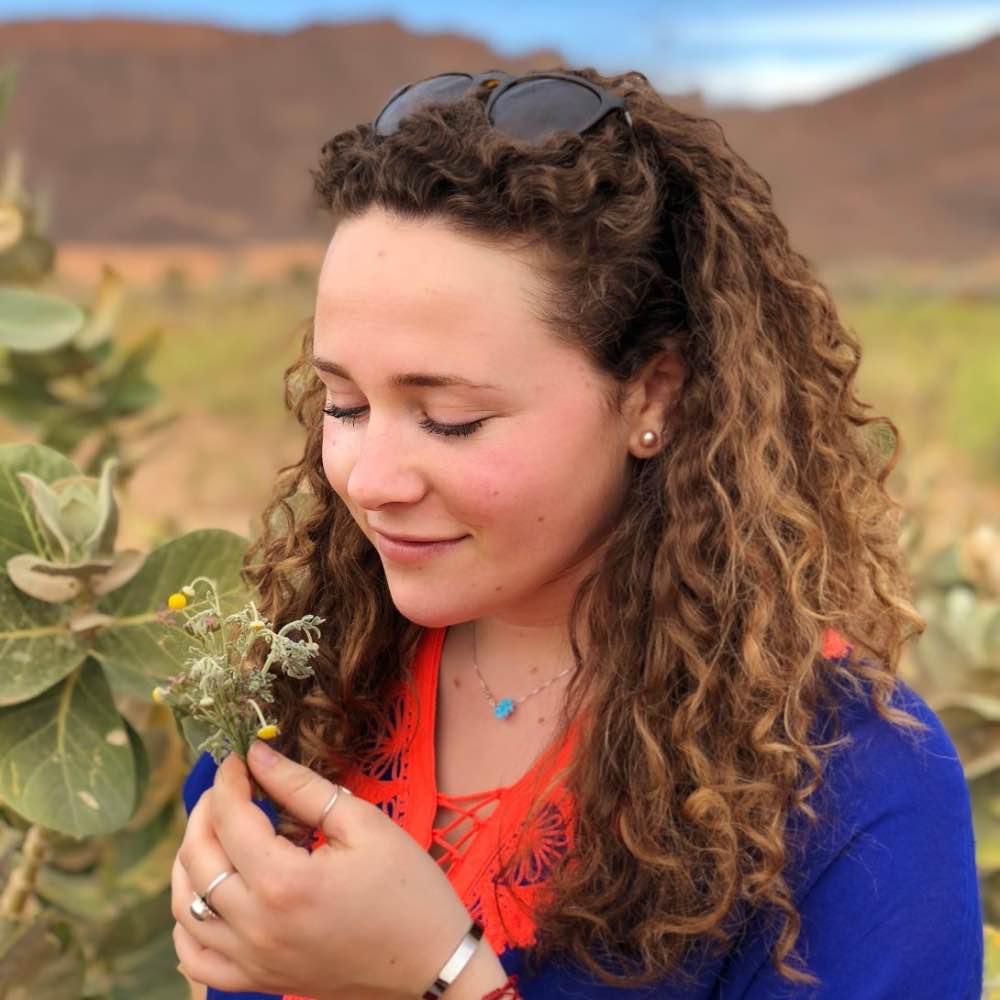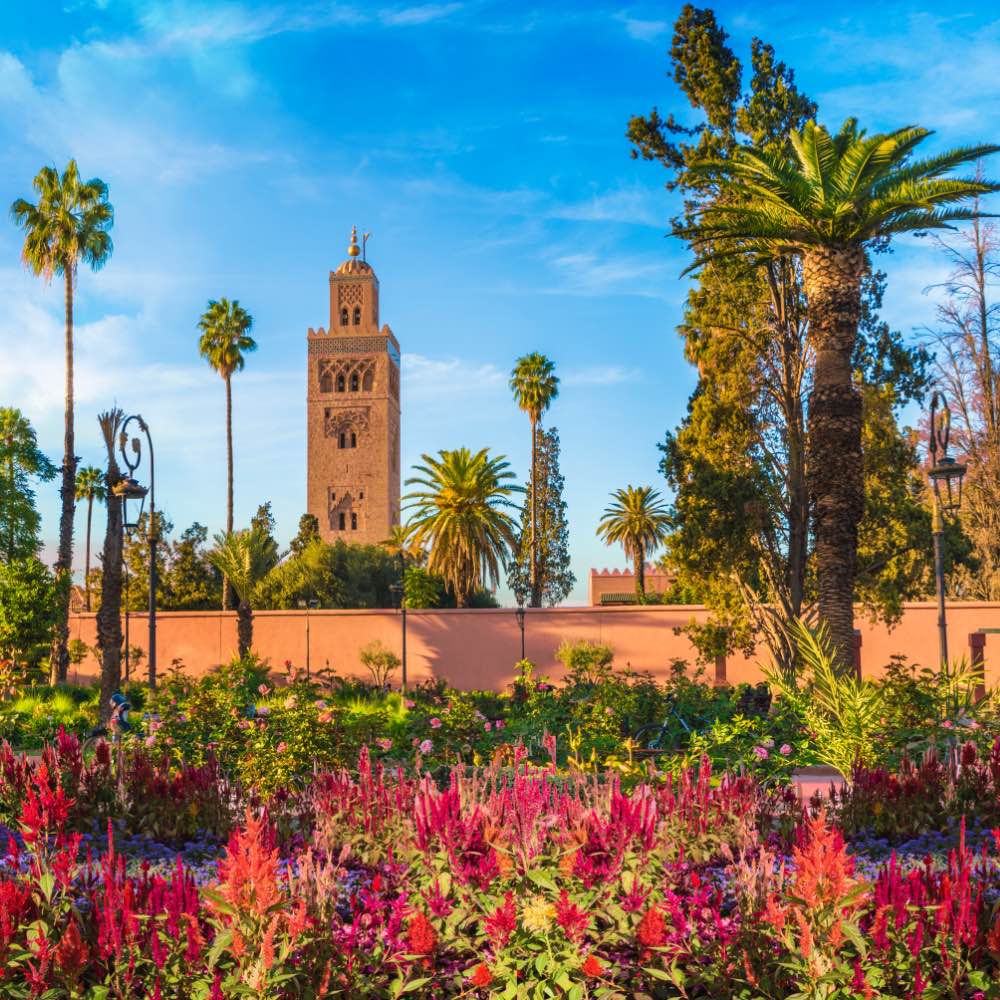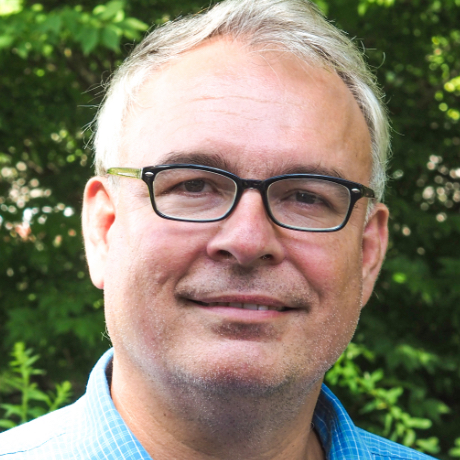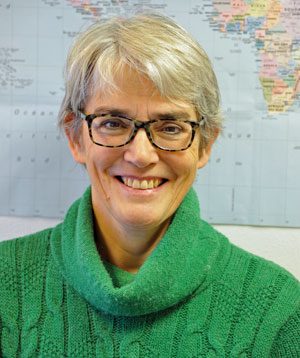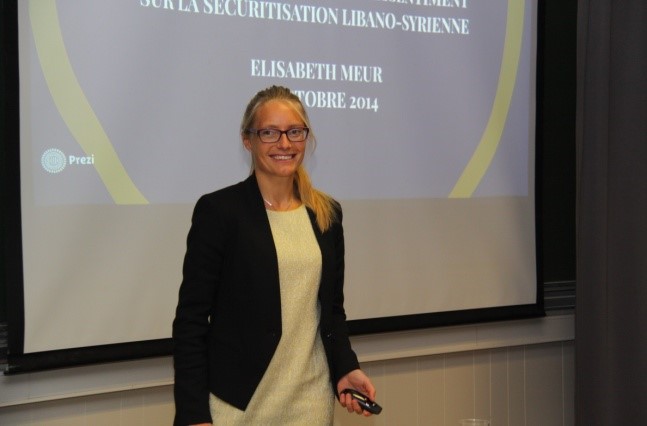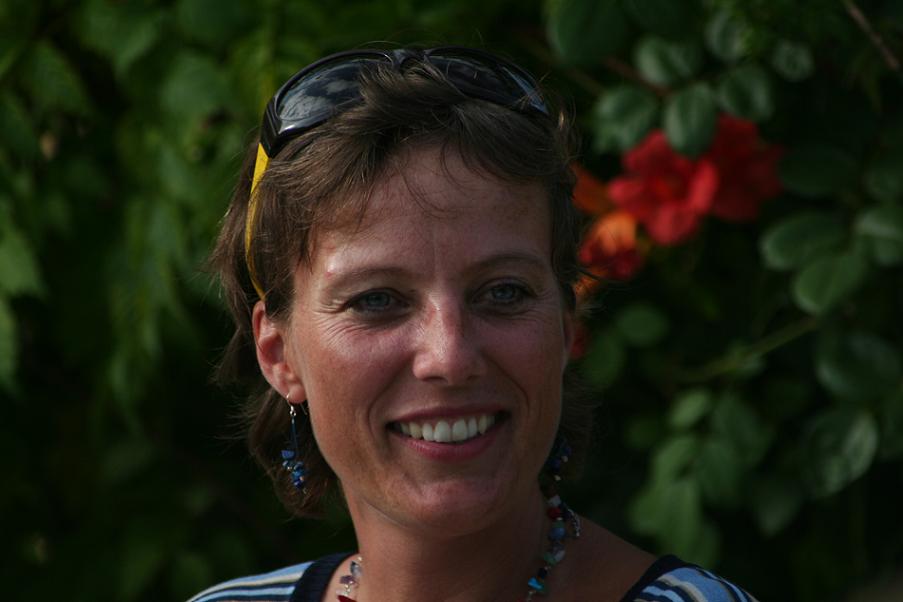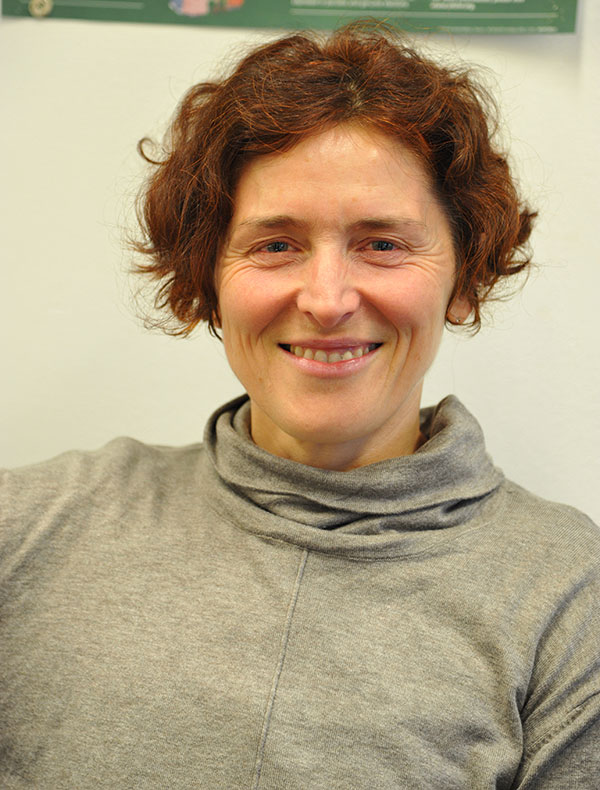Spend eight days in the modern Muslim country of Morocco. You will arrive in the city of Casablanca, where you will spend one night, followed by a visit to the famous Hassan II Mosque the following morning. For the first half of the week, you will stay at the capital city of Rabat, where you will have lectures on the Moroccan national health system, and where you will stay with a local homestay family in the old city (medina) near our learning center. For the second half of the week, you will experience a regional excursion to Marrakech.
During this excursion, you will compare and contrast public health systems in Morocco and Switzerland in the context of very different political, cultural, and economic realities. You will also examine the impact of development policies on public health in rural areas.
In addition, you will experience Morocco’s world-famous cuisine, hospitality, and cultural diversity, including the country’s francophone environment.



